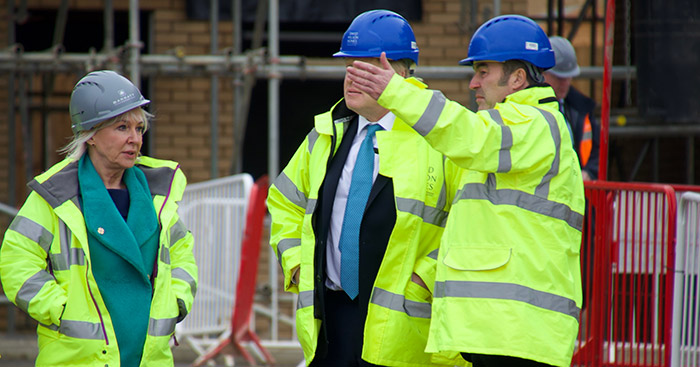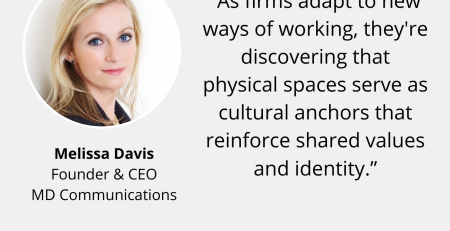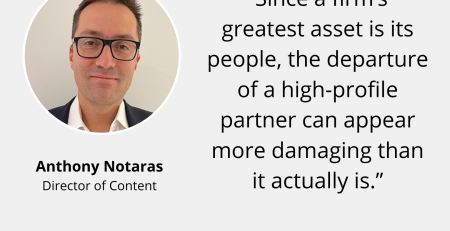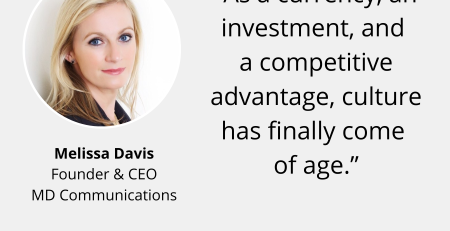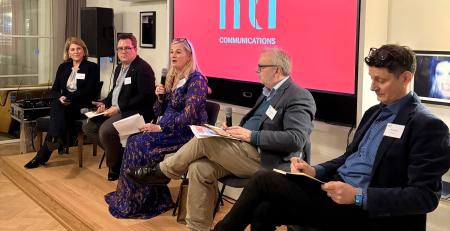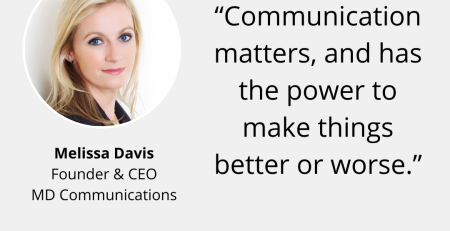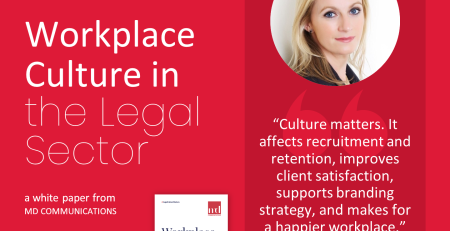Picking the right person to front up to the media, whether in times of crisis or when the news is positive, means considering not just what they will say but also how they will say it, writes our Founder and CEO Melissa Davis.
Without getting too political, I’d like to start this by thanking Nadine Dorries, who I believe is out in Saudi this week representing the UK government.
That’s probably not what you expected me to say so I’d better explain why.
You see, Nadine – inadvertently I’m sure – has handed anyone who does media training some fantastic new material to use in their next sessions as they hand out advice on how to come across well in media interviews.
Or, as in the case of the Secretary of State for the increasingly lengthily-named Department of Digital, Culture, Media and Sport, how not to do it.
She has certainly given us all plenty to choose from in the past week during some, well, really quite extraordinary media performances as she repeatedly took to the radio and TV studios to defend the beleaguered Prime Minister.
From a professional view, it’s been increasingly baffling to watch her wheeled out again only to repeat the errors that have turned her into memes and viral content on social media. If I’m honest, at times I have felt sorry for her, wondering if there is some sort of pressure to make her do this to herself. It’s extremely uncomfortable viewing, to say the least.
The likeability factor
As a Cabinet Minister, albeit not one who holds one of the great offices of state, you would think she would have had a fair amount of media training under her belt and she’ll certainly have plenty of support from the vast communications team at Downing Street and the DCMS.
She will have been told ‘the line’ – the key messages that all Government spokespeople are given every day on the key issues of the day. And she’ll have been reminded that she needs to appear confident, unfazed and – most important of all – approachable.
In short, the prep work will have focused on how to make people believe what she was saying and there’s no better way to do that than for people to like you.
All of which just makes what’s happened in the past week bewildering, as day after day she has delivered belligerent – I don’t use the word lightly but it’s the only real way to describe it – and frankly damaging contributions to the PM’s ever-more difficult time.
First, we had the now infamous ‘The Prime Minster tells the truth’ interview with Channel 4, which sparked a wave of tweets and posts openly laughing at what people had just seen. Never a good look.
Then, this weekend, as I was sat watching the morning news, she appeared again, this time on BBC1. Extraordinarily, as she was asked the seemingly straightforward question ‘have you spoken to the PM?’, she chose to go on the attack – demanding to know why she’d been asked that.
Worse, she then continued in that astonishingly aggressive, excruciating vein until her interviewer, the by his own admission ‘confused’ Charlie Stayt brought it mercifully to an end.
How matters as much as what
I could have chosen a number of other Government figures who have appeared this week and misread the room – moving from standing up for their Government, party and PM to going on the attack. And there are plenty of examples too from the other parties – for balance – and other sectors too, which we use in training sessions to help people understand what they need to focus on.
The first thing they got wrong is crucial. Attacking the presenter rarely endears you to the audience. He or she will come into their living rooms, kitchens and bedrooms almost every day via the radio or TV. Their audience trusts them. They often see them as a friend. They’re comfortable with them. They like them.
So, if you as an interviewer go on the attack or pick fault with them, the majority of the audience will side with their radio or TV friend – not the person who’s popped up on their screens who they don’t know.
That’s what I mean about the ‘how’. The key is to make sure you start from the premise of knowing the three key things you want to get across in the interview before you go into the studio or answer the phone to the producer and go on air. Then you have to try and work with the presenter to get those points across.
The good news is you’ll rarely, if ever, be in the position Ministers have been in recent weeks – having to defend what many people see as the indefensible with public anger at a high. Nine times out of 10 you’ll be asked to come on as an expert, to explain something to the audience.
If you know the key things you want to say, then you can focus on saying them and also focus on how you say them – and here comes the best bit of advice I could possibly give you.
Be yourself.
I’ve seen many people think they have to take on a new persona when they go on screen or radio. The best interviewees do exactly the opposite. They talk like they would talk to someone in the street and explain the issues simply and in an accessible way. They’re more comfortable as a result and the audience warms to them.
No technical jargon, no long-winded academic arguments and, especially for legal guests, no Latin. It’s not a language 99% of the population can speak so they won’t warm to someone who uses it if they can’t understand what on earth you’ve just said. When I was head of press for the Law Society my favourite presidents to wheel out to the media always stuck to the key messages and didn’t try to be overly complex with their answers.
Remember – the presenters don’t know more than you do. They need you to explain what’s happened and why it matters in most interviews. If you help them interpret the news for their audience, they’ll warm to you too and that too means the audience will like you.
That’s how to achieve the best outcome of all – not just to have one successful interview but to be added to the list of ‘people we want back on’. Which means more opportunities, more positive PR and more chances to sharpen those skills even more.
As for the politicians currently breaking the golden rules on a daily basis, they’ll always get another turn. That’s politics. And I’ll go back to watching some of them through my hands until someone tells them to stop.


